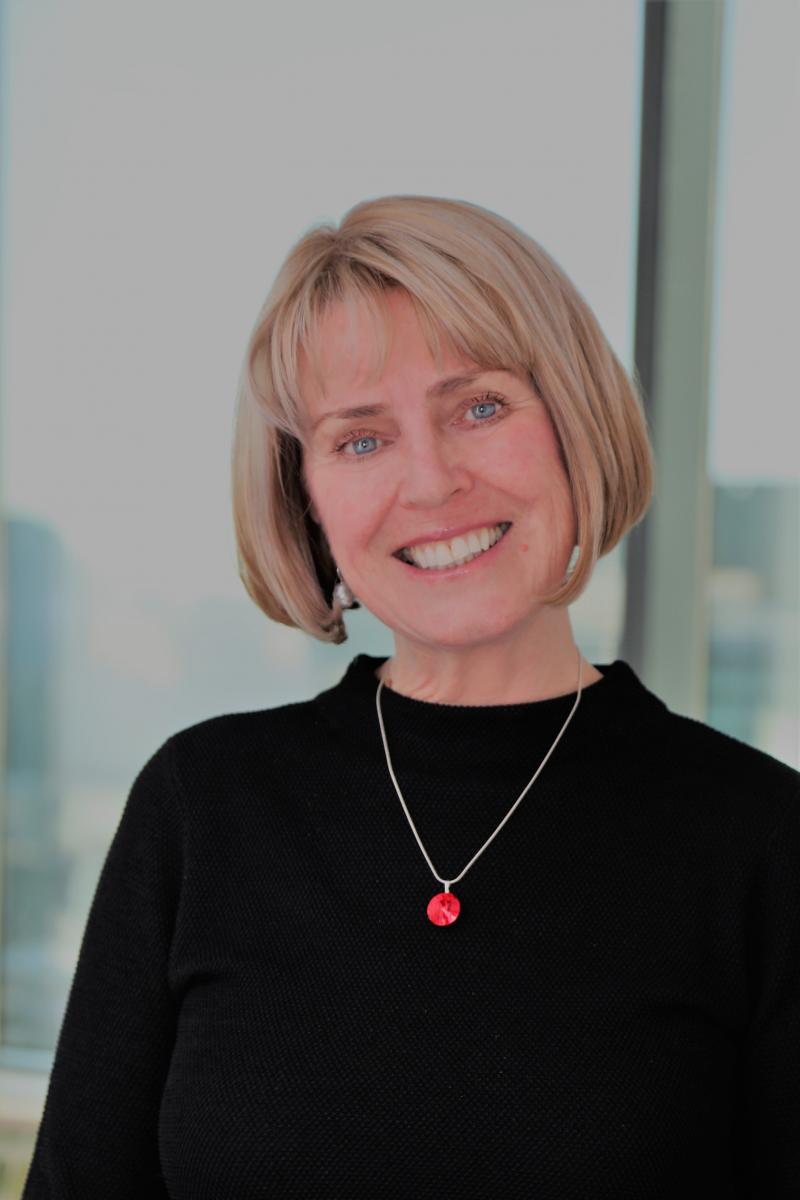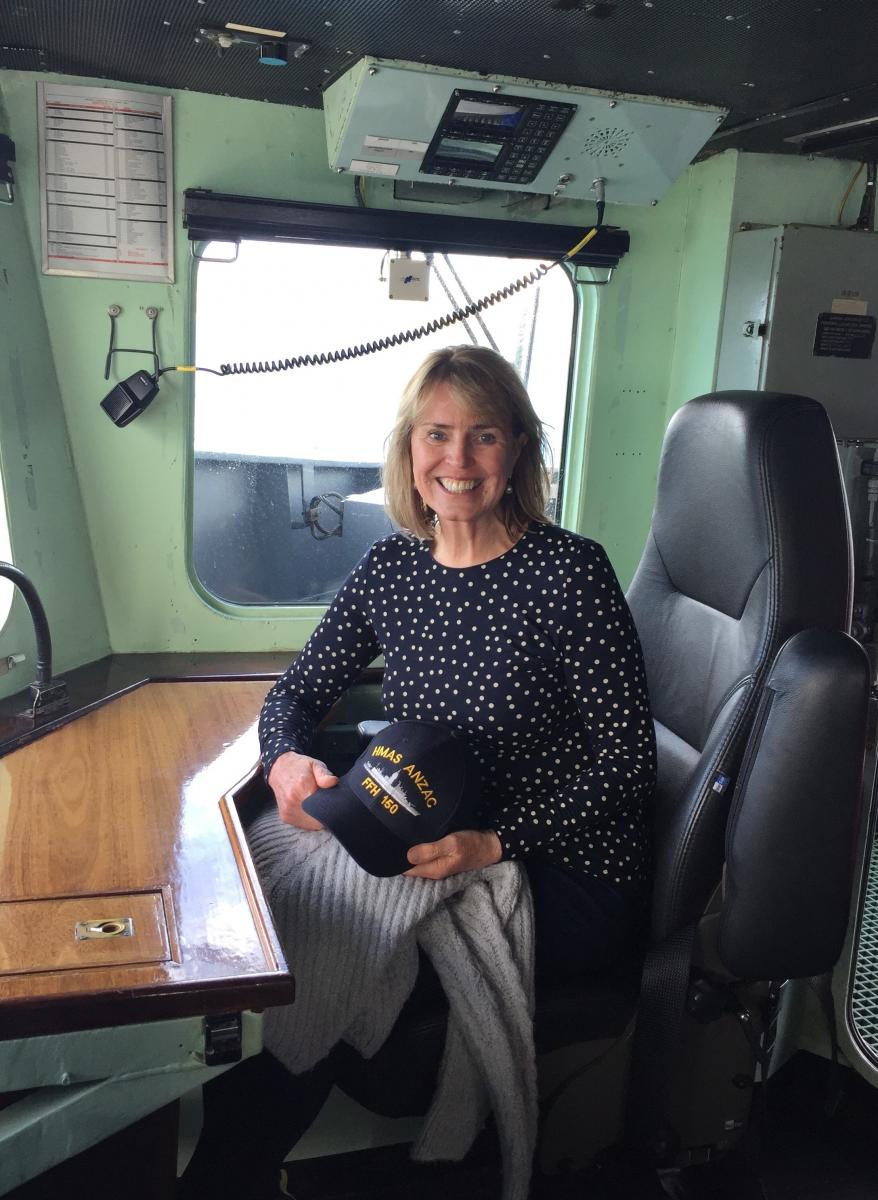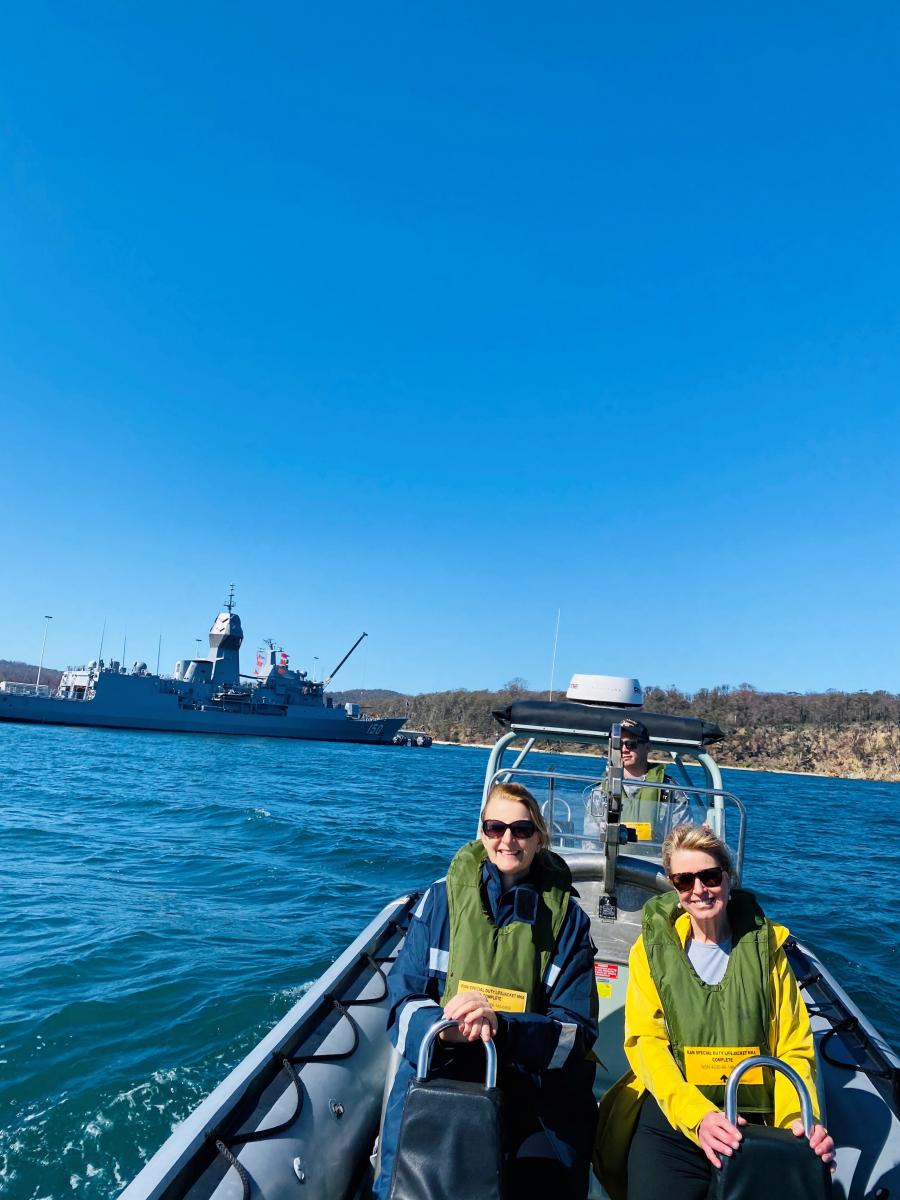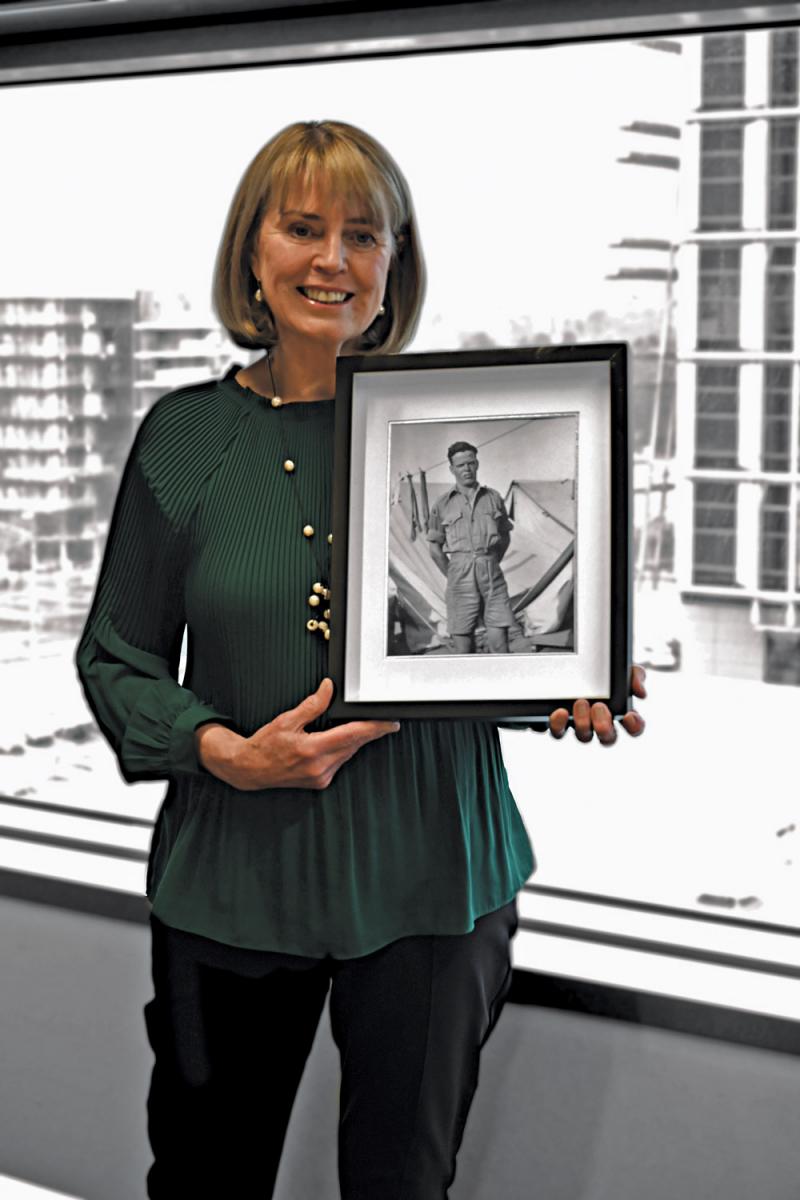Deputy Secretary Vicki Rundle PSM
She oversees three divisions within the department, covering such responsibilities as DVA’s ongoing Transformation program, client benefits, such as compensation and income support, and a wide range of health and support services DVA provides to the veteran community.
Ms Rundle began her career as a registered nurse, midwife, nurse educator and hospital administrator in the Tasmanian, Queensland and Western Australian governments. She was soon drawn to broader work in the health and human services sector, and held senior executive roles across hospital and ambulance services, disability, mental health and primary health care services. She spent four years leading the state-wide child protection and youth justice services program before transferring to the Australian Public Service over 14 years ago.
 Much of her work since has revolved around social policy and service delivery reform. At what is now the Department of Social Services, Ms Rundle initially worked on national early childhood programs prior to transferring to a senior role in the Department of Education, Employment, and Workplace Relations. It was there that she undertook the national early childhood quality reforms.
Much of her work since has revolved around social policy and service delivery reform. At what is now the Department of Social Services, Ms Rundle initially worked on national early childhood programs prior to transferring to a senior role in the Department of Education, Employment, and Workplace Relations. It was there that she undertook the national early childhood quality reforms.
‘We were lagging behind the OECD in terms of investment in early childhood, and the evidence that children do a whole lot better when they receive quality care at that stage in their lives is indisputable,’ she says. ‘This really set the country up for the future of our young children’.
Ms Rundle says she found this work enormously worthwhile. She was awarded a Public Service Medal in 2013 for this work.
In October 2015 Ms Rundle moved to the National Disability Insurance Agency (NDIA).
‘That was the biggest reform since Medicare and there was no roadmap,’ she says. ‘No one had ever done this before in the world. It was challenging – the reform mattered to many people, especially people with a disability. I had a great sense of why I was there – I really wanted to contribute to this major reform and help improve the lives of people living with a disability, and their families.
‘Because it had never been done before, we made mistakes. But we learned from that and I loved it. It has benefited people with a disability in a way they’ve never experienced before. There are around 390,000 people in the Scheme and counting.’
For the last six months of her nearly five years at the NDIA, she was acting Chief Executive Officer. Then the opportunity to work at DVA presented itself.
‘There are three things that matter to me when I’m considering a job,’ she says. ‘Firstly, the purpose of the work and what it does for the client group. Secondly, whether the department’s values and mine align. And thirdly, the quality of the leadership. DVA strongly ticked all three boxes. Firstly, the work really matters. We serve an important group of Australians who have made an enormous contribution to this country. The department has a great sense of purpose and mission, and it works really hard to achieve outcomes for veterans and their families. The Secretary’s a great leader and I thought that I could make a meaningful contribution.’
A priority for Ms Rundle is making sure that veterans get the services they need at the right time, the right way.
‘The key to doing this is staying client focused,’ she says. ‘By listening to the client group you can take a lot of guidance from the experience they’re having. It’s also important to develop a clear strategy that envisages what the future state looks like. And then work out how you get there with others. You should always work closely with stakeholders, and there are a range of important stakeholders for DVA.
‘I’m by nature very inquisitive. I will often ask questions such as ‘Why do we do this this way?’. It helps you understand the nature of the problems but I suspect it drives people mad!
‘It’s also important to engage and energise others, and use their expertise. It’s also crucial to determine what the issue is and work your way through it. I’m a problem-solver. I don’t mind how complex the problem is, there’s always a solution. There’s also always a way to simplify things. A minister I worked with once said, “many people’s lives are complex, so accessing government services should be as simple and easy as possible”.’
Among the things she’s keen to further simplify is DVA’s processes, as well as using client data better.
‘The profile of our clients and potential clients is changing. So, what does that mean and how should we do things differently? How do we organise ourselves to make their pathway into the department a smoother experience? What does that mean for our culture and the preparedness of our staff?
‘It’s important to have a strong wellbeing focus. DVA’s Veteran Centric Reform process has helped enormously’.
‘The department needs to comply with legislation and make decisions that are consistent with it. However, we must also be solutions-focused and look for ways to achieve outcomes for veterans and their families.
‘Whenever I go to a job, I think about what legacy I want to leave. I have learned to appreciate that what you leave behind is important and can make a big difference. I want to make sure that when I eventually leave DVA, the system is even better than it is now, so that the experience is a good one and veterans and their families achieve the outcomes they are seeking. And that people are proud of the work they do in the department – in recognition of what veterans were prepared to do and have done for us.’


Left: Ms Rundle on the bridge of HMAS Anzac while on a familiarisation tour from Sydney to the NSW town of Eden. Right: Aboard one of the Anzac’s rigid hull inflatable boats with DVA’s General Counsel Bronwyn Worswick (left).

Ms Rundle with a photograph of her father who served in the Middle East in the Army during the Second World War.
